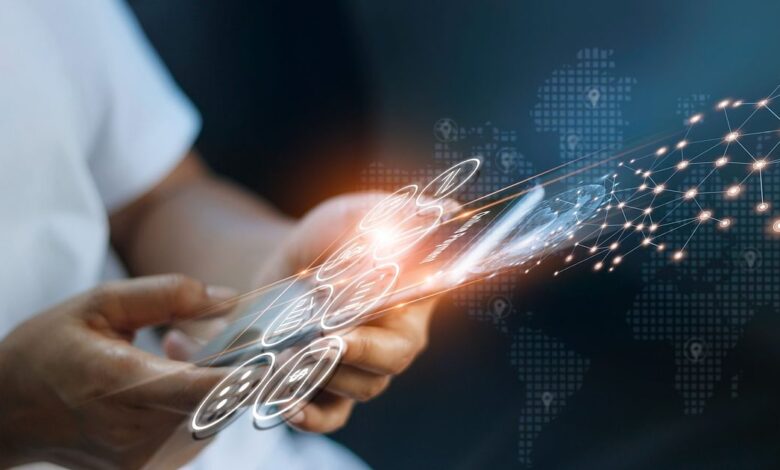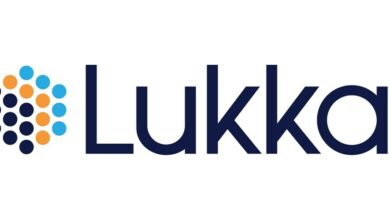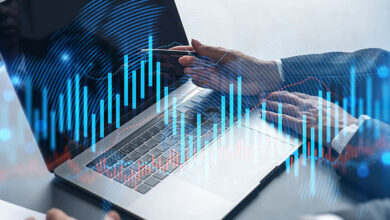Voter data accessible to politicians, says report calling India ‘data society… without safeguard’

With political parties only one phase of voting away from discovering their fate for the next five years in India, a recent report in the BBC claimed that the various apps used by Indians are potentially becoming the source of voter information for politicians and parties.
Rutwik Joshi, a political strategist told the publication that from a person’s religion and their mother tongue to how they draft a message on social media, all these information have data that politicians try to get their hands on.
Joshi claimed that the combination of rising number of smart phones and lenient regulations have allowed private companies to sell data resulting in the politicians having an access to “the data to do everything”.
However, microtargetting, described as the utilisation of personal data “to target you with information and adverts to an unprecedented degree of personalisation” is not a new concept in elections.
Lawmakers in the United States and the EU in 2018 called for probes into how Facebook allowed Cambridge Analytica to access data on 50 million users and use it to help the election campaign of President Donald Trump.
Cambridge Analytica which specialises in data wrangling and analytics, provided data analytics for Donald Trump’s election, harvesting data from millions of Americans’ Facebook accounts by way of “personality tests” that required the users to give the tests full access to their accounts. This led to exponential data harvesting because the apps harvested not only the profiles of the users, but that of their friends as well.
Later, in 2022 Meta agreed to pay an $725 million to settle the lawsuit that left people wondering if their votes had been influenced by the ads they saw online.
Meanwhile, Cambridge Analytica affiliate has reportedly claimed that Congress and the Bharatiya janata Party(BJP) were its clients.
Calling India a “data society that was planned and built by the government without any safeguards,” data and security researcher Srinivas Kodali told the publication that one does not necessarily need a smart phone for their data to be easily accessible as he accused the government of being the biggest holders of citizens’ personal data.
“The government built large databases of citizens, shared it with the private sector,” Kodali added.
Rutwik Joshi dubbed India as the “biggest possible data mine in the world right now”, as he explained how a user gives permission for their data to be accessed.
“For example, there are 10 different Indian apps in your mobile phone – you have given access to your contacts, to your gallery, to your mic, to your speakers, to your location, including the live location,” he said as he claimed that this data along with other data that the party collects helps them decide who their candidate should and how they should behave to appeal a certain group of people.
“When you talk about artificial intelligence, targeted advertisements, micro targeting of voters – a lot of this falls under the idea of computational propaganda,” Kodali noted as he batted for the regulation of data and technology during election campaigns.
In 2021, WhatsApp had had filed a plea saying that the requirement of intermediaries enabling the identification of the first originator of information in India upon government or court order puts end-to-end encryption and its benefits “at risk”.
The plea said the traceability requirement forces the company to break end-to-end encryption on its messaging service, as well as the privacy principles underlying it, and infringes upon the fundamental rights to privacy and free speech of the hundreds of millions of citizens using WhatsApp to communicate privately and securely.
(With Reuters Inputs)
Published 28 May 2024, 12:20 IST



